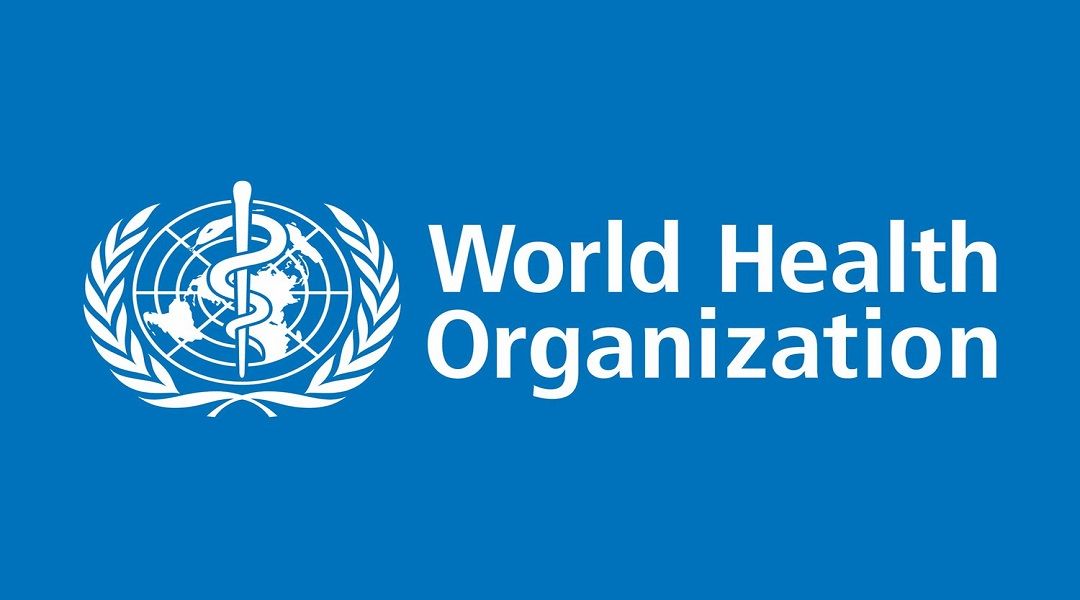In a recent vote, the World Health Organization has officially approved classifying video game addiction, or gaming disorder, as a disease. The unanimous vote means that gaming disorder will officially be added with the revisions to the International Classification of Diseases, commonly known as the ICD, and will go into effect January 1, 2022. While the World Health Organization classified gaming addiction as a disease a year ago, today's vote and the 72nd World Health Assembly finalized the revision and made the classification official.
The ICD-11, the newly adopted version of the ICD, defines gaming disorder as a pattern of persistent or recurrent gaming behaviour, which may be online or offline, manifested by:
- impaired control over gaming (e.g., onset, frequency, intensity, duration, termination, context);
- increasing priority given to gaming to the extent that gaming takes precedence over other life interests and daily activities; and
- continuation or escalation of gaming despite the occurrence of negative consequences. The behavior pattern is of sufficient severity to result in significant impairment in personal, family, social, educational, occupational or other important areas of functioning.
Essentially, the definition outlines video game addiction to the point where the individual begins putting gaming as a priority over other tasks and necessities - typically characterized by an impulse to play video games more than do anything else. While the ICD is not necessarily law, it is a well-regarded metric by which medical professionals assess a patient and pass down a diagnosis, meaning that the newly added gaming disorder could easily be applied to patients seeking treatment for one reason or another.
The Entertainment Software Association, who created the ESRB, fought back against the definition when the WHO outlined these changes last year. The ESA stated that video games are not addictive, and urged the WHO to "reverse direction" on the proposal of the classification.
Fortnite is one of the most popular examples many look at when discussing gaming addiction due to how popular and widespread it is among younger audiences. A study last year showed that video games could be as addicting as drugs to certain audiences, which is likely why the WHO is taking steps to lay the groundwork for treatment of such disorders. While addiction cases are still low, only time will tell if the number will rise thanks to the new classification when it goes into effect in 2022.
Source: World Health Organization - ICD-11


